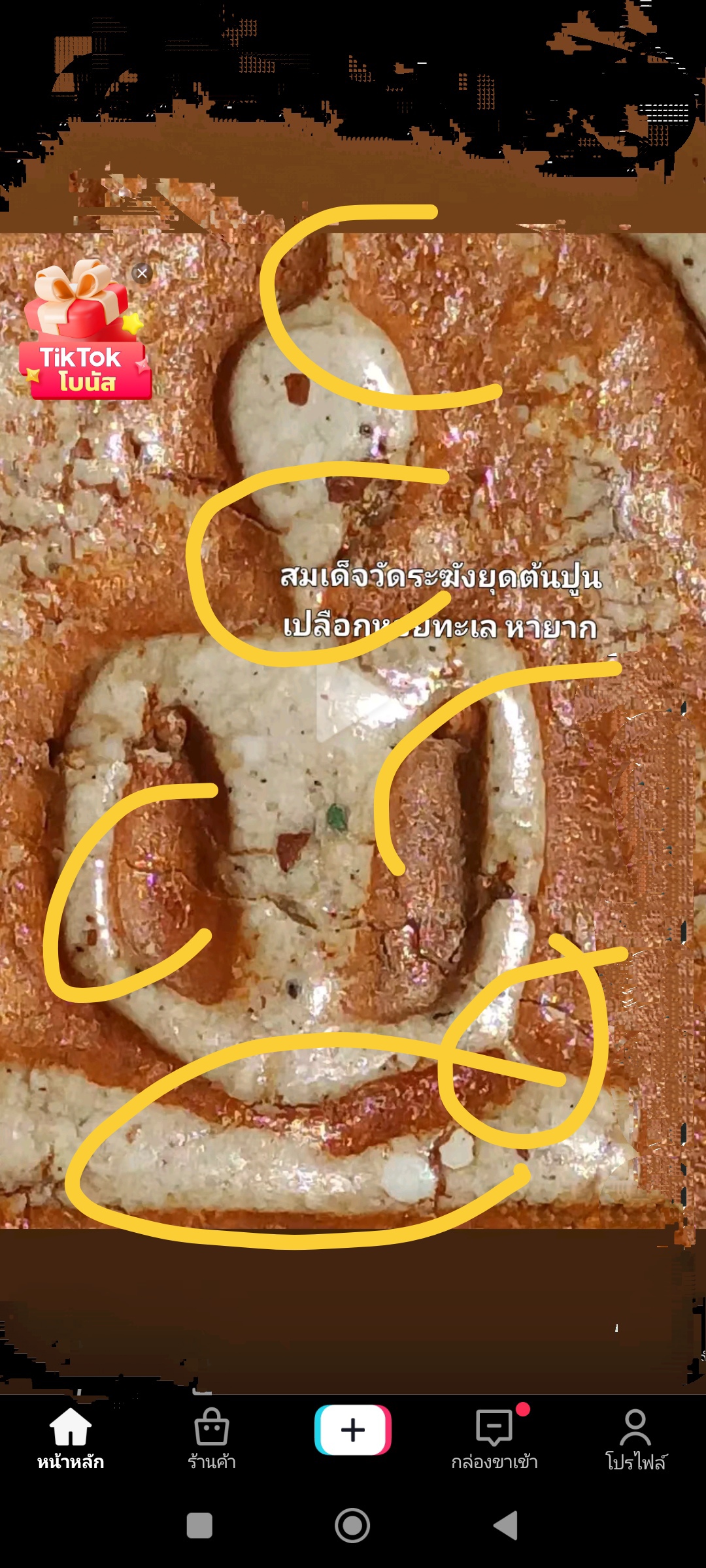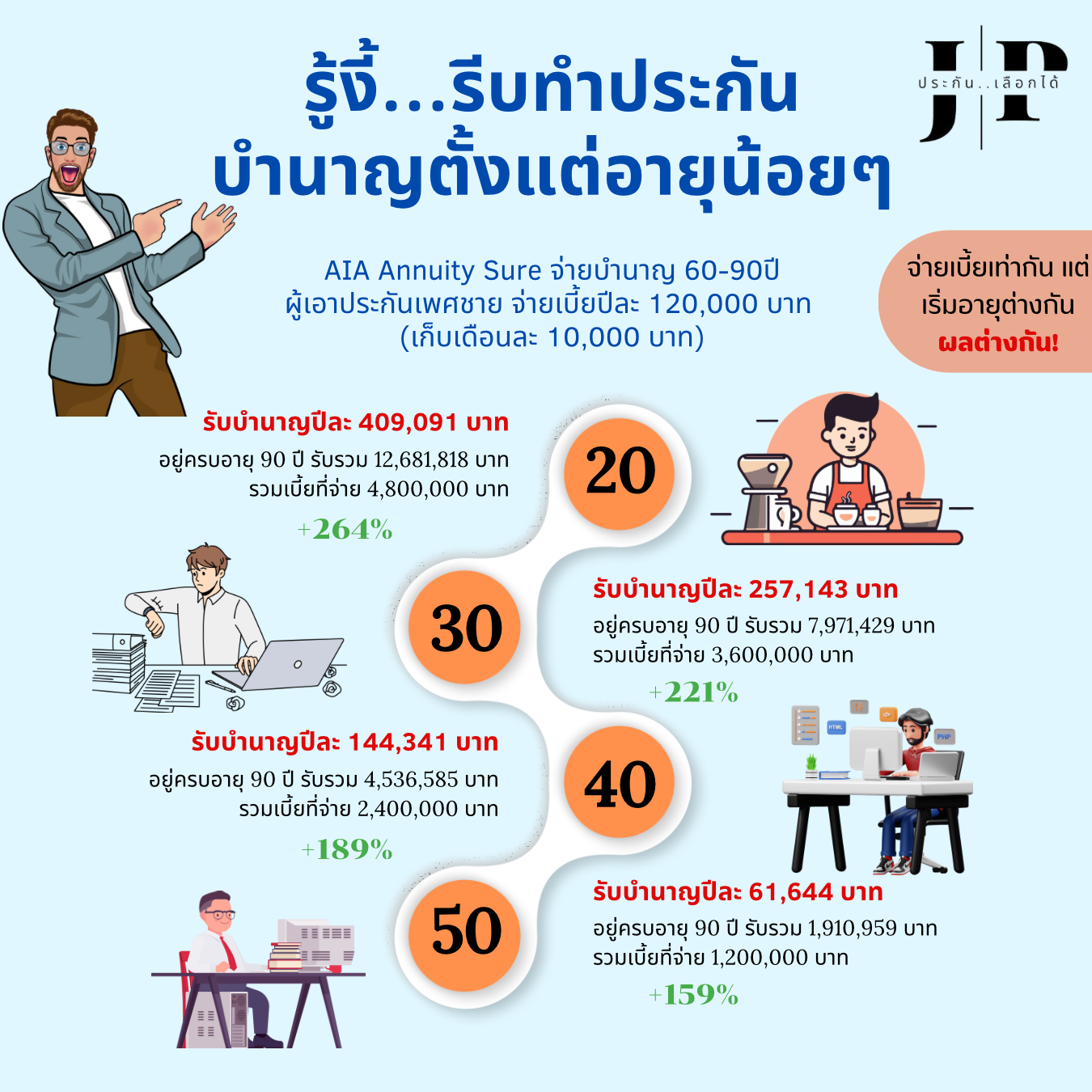ไต้หวันในวันอาทิตย์(16ก.พ.) ยกย่องถ้อยคำที่ "เป็นพวกและเป็นมิตร" เกี่ยวกับเกาะแห่งนี้บนเว็บไซต์กระทรวงการต่างประเทศสหรัฐฯที่มีการอัพเดทใหม่ ซึ่งถอดข้อความที่ว่าวอชิงตัน "ไม่สนับสนุนเอกราชไต้หวัน" ออกไป
สหรัฐฯเป็นผู้สนับสนุนรายสำคัญที่สุดของไต้หวันมาช้านาน แม้พวกเขาถอนการรับรองทางการทูตเกาะปกครองตนเองแห่งนี้มาตั้งแต่ปี 1979 แล้วหันไปสถาปนาความสัมพันธ์กับจีนแผ่นดินใหญ่ ที่มีอิทธิพลมากกว่าแทน
ภาษาอย่างเป็นทางการที่ใช้จำกัดความความสัมพันธ์สหรัฐฯ-ไต้หวัน เป็นประเด็นที่อ่อนไหวอย่างมากและความเคลื่อนไหวก่อนหน้านี้ ต่อการเปลี่ยนแปลงในเอกสารข้อเท็จจริงของกระทรวงการต่างประเทศสหรัฐฯเกี่ยวกับเกาะไต้หวัน เคยโหมกระพือการตอบโต้ด้วยความเดือดดาลมาจากจีน ซึ่งอ้างว่าไต้หวันเป็นส่วนหนึ่งของดินแดน
นอกจากปรับแต่งข้อความอื่นๆแล้ว ในการอัทเดทล่าสุดของกระทรวงการต่างประเทศสหรัฐฯได้ลบบรรทัดที่มีการเน้นย้ำว่า "เราไม่สนับสนุนเอกราชไต้หวัน" ออกไป เอเอฟพีวิเคราะห์ข้อความบนเพจกระทวงการต่างประเทศสหรัฐฯเทียบกับเวอร์ชันก่อนหน้านี้
อย่างไรก็ตามบนเพจยังคงเน้นย้ำว่าวอชิงตันยอมรับเพียงปักกิ่ง ในฐานะรัฐบาลจีนภายใต้ "นโยบายจีนเดียวที่ยืดถือมานาน" และคัดค้านการ "เปลี่ยนแปลงสถานภาพปัจจุบันแต่เพียงฝ่ายเดียว ไม่ว่าจากฝ่ายใดก็ตาม"
กระทรวงการต่างประเทศไต้หวันบอกว่าถ้อยคำ "ที่เป็นบวกและเป็นมิตร" ในเอกสารข้อเท็จจริงที่อัพเดทเมื่อวันที่ 13 กุมภาพันธ์ สะท้อนถึงความใกล้ชิดและเป็นมิตรในความสัมพันธ์ระหว่างไต้หวันกับสหรัฐฯ
หลิน เชีย-ลัง รัฐมนตรีต่างประเทศไต้หวัน ขอบคุณรัฐบาลของประธานาธิบดีโดนัลด์ ทรัมป์ "สำหรับคำมั่้นสัญญาต่อสันติภาพและเสถียรภาพในช่องแคบไต้หวัน เศรษฐกิจไต้หวัน-อเมริกา ความเป็นหุ้นส่วนทางการค้าและเทคโนโลยี รวมถึงด้านอวกาศนานาชาติของไต้หวัน" กระทรวงการต่างประเทศระบุ
สถาบันอเมริกาในไต้หวัน(AIT) ซึ่งถือเป็นสถานทูตโดยพฤตินัยของสหรัฐฯ บอกว่าการอัพเดทดังกล่าวถือเป็นเรื่องปกติ "เราเน้นย้ำมาช้านานว่าเราคัดค้านการเปลี่ยนแปลงแต่เพียงฝ่ายเดียวจากทั้ง 2 ฝ่าย ต่อสถานภาพในปัจจุบัน" โฆษกของ AIT ระบุในถ้อยแถลงที่เผยแพร่ต่อเอเอฟพี
"เราไม่ขอแสดงความคิดเห็นกับทุกสมมุติฐานต่างๆที่จีนนำเสนอ หนึ่งเดียวที่เป็นภัยคุกคามใหญ่หลวงต่อสันติภาพและเสถียรภาพในช่องแคบไต้หวัน" ถ้อยแถลงระบุ
ไต้หวัน พยายามหาทางอยู่ฝ่ายเดียวกับ ทรัมป์ ผู้ซึ่งสไตล์ทางการทูตก่อความกังวลเกี่ยวกับความตั้งใจของเขาในการปกป้องเกาะแห่งนี้จากจีน
ทรัมป์ เคยก่อความวิตกกังวลแก่ไต้หวัน ด้วยการบ่งชี้ว่าไทเปควรจ่ายเงินตอบแทนแก่สหรัฐฯ สำหรับเป็นค่าปกป้องและกล่าวหาเกาะแห่งนี้ขโมยอุตสาหกรรมชิปของอเมริกา
ไล่ ชิงเต๋อ ประธานาธิบดีไต้หวัน ประกาศกร้าวเมื่อวันศุกร์(14ก.พ.) ว่าจะเพิ่มการลงทุนในสหรัฐฯและด้านการป้องกันตนเอง หลัง ทรัมป์ ขู่รีดภาษี 100% ต่อชิปเซเมคอนดัคเตอร์ของเกาะแห่งนี้
ไม่ใช่ครั้งแรกที่สหรัฐฯถอดข้อความเกี่ยวกับการไม่สนับสนุนเอกราชไต้หวันออกไป โดยในเดือนพฤษภาคม 2022 รัฐบาลของประธานาธิบดีโจ ไบเดน ณ ขณะนั้น ได้ถอดข้อความดังกล่าว ซึ่งก่อความเดือดดาลแก่จีน ก่อคืนสถานะมันกลับมาหลังจากนั้น
ข้อพิพาทระหว่างจีนกับไต้หวัน ต้องย้อนกลับไปใน 1949 ครั้งที่กองกำลังชาตินิยมก๊กมินตั๋งของเจียงไคเช็ค หลบหนีไปยังไต้หวัน หลังพ่ายแพ้ในสงครามกลางเมืองแก่กองกำลังคอมมิวนิสต์ของเหมา เจ๋อตง
หต้หวัน ซึ่งมีรัฐบาล กองทัพและค่าเงินเป็นของตนเอง เรียกตัวเองว่าเป็นชาติอธิปไตย แต่ไม่ถึงขั้นประกาศเอกราชอย่างเป็นทางการ ซึ่งเป็นเส้นตายที่ปักกิ่งขีดไว้
(ที่มา:เอเอฟพี)
https://factcheck.afp.com/doc.afp.com.36XB67Eไต้หวันในวันอาทิตย์(16ก.พ.) ยกย่องถ้อยคำที่ "เป็นพวกและเป็นมิตร" เกี่ยวกับเกาะแห่งนี้บนเว็บไซต์กระทรวงการต่างประเทศสหรัฐฯที่มีการอัพเดทใหม่ ซึ่งถอดข้อความที่ว่าวอชิงตัน "ไม่สนับสนุนเอกราชไต้หวัน" ออกไป
สหรัฐฯเป็นผู้สนับสนุนรายสำคัญที่สุดของไต้หวันมาช้านาน แม้พวกเขาถอนการรับรองทางการทูตเกาะปกครองตนเองแห่งนี้มาตั้งแต่ปี 1979 แล้วหันไปสถาปนาความสัมพันธ์กับจีนแผ่นดินใหญ่ ที่มีอิทธิพลมากกว่าแทน
ภาษาอย่างเป็นทางการที่ใช้จำกัดความความสัมพันธ์สหรัฐฯ-ไต้หวัน เป็นประเด็นที่อ่อนไหวอย่างมากและความเคลื่อนไหวก่อนหน้านี้ ต่อการเปลี่ยนแปลงในเอกสารข้อเท็จจริงของกระทรวงการต่างประเทศสหรัฐฯเกี่ยวกับเกาะไต้หวัน เคยโหมกระพือการตอบโต้ด้วยความเดือดดาลมาจากจีน ซึ่งอ้างว่าไต้หวันเป็นส่วนหนึ่งของดินแดน
นอกจากปรับแต่งข้อความอื่นๆแล้ว ในการอัทเดทล่าสุดของกระทรวงการต่างประเทศสหรัฐฯได้ลบบรรทัดที่มีการเน้นย้ำว่า "เราไม่สนับสนุนเอกราชไต้หวัน" ออกไป เอเอฟพีวิเคราะห์ข้อความบนเพจกระทวงการต่างประเทศสหรัฐฯเทียบกับเวอร์ชันก่อนหน้านี้
อย่างไรก็ตามบนเพจยังคงเน้นย้ำว่าวอชิงตันยอมรับเพียงปักกิ่ง ในฐานะรัฐบาลจีนภายใต้ "นโยบายจีนเดียวที่ยืดถือมานาน" และคัดค้านการ "เปลี่ยนแปลงสถานภาพปัจจุบันแต่เพียงฝ่ายเดียว ไม่ว่าจากฝ่ายใดก็ตาม"
กระทรวงการต่างประเทศไต้หวันบอกว่าถ้อยคำ "ที่เป็นบวกและเป็นมิตร" ในเอกสารข้อเท็จจริงที่อัพเดทเมื่อวันที่ 13 กุมภาพันธ์ สะท้อนถึงความใกล้ชิดและเป็นมิตรในความสัมพันธ์ระหว่างไต้หวันกับสหรัฐฯ
หลิน เชีย-ลัง รัฐมนตรีต่างประเทศไต้หวัน ขอบคุณรัฐบาลของประธานาธิบดีโดนัลด์ ทรัมป์ "สำหรับคำมั่้นสัญญาต่อสันติภาพและเสถียรภาพในช่องแคบไต้หวัน เศรษฐกิจไต้หวัน-อเมริกา ความเป็นหุ้นส่วนทางการค้าและเทคโนโลยี รวมถึงด้านอวกาศนานาชาติของไต้หวัน" กระทรวงการต่างประเทศระบุ
สถาบันอเมริกาในไต้หวัน(AIT) ซึ่งถือเป็นสถานทูตโดยพฤตินัยของสหรัฐฯ บอกว่าการอัพเดทดังกล่าวถือเป็นเรื่องปกติ "เราเน้นย้ำมาช้านานว่าเราคัดค้านการเปลี่ยนแปลงแต่เพียงฝ่ายเดียวจากทั้ง 2 ฝ่าย ต่อสถานภาพในปัจจุบัน" โฆษกของ AIT ระบุในถ้อยแถลงที่เผยแพร่ต่อเอเอฟพี
"เราไม่ขอแสดงความคิดเห็นกับทุกสมมุติฐานต่างๆที่จีนนำเสนอ หนึ่งเดียวที่เป็นภัยคุกคามใหญ่หลวงต่อสันติภาพและเสถียรภาพในช่องแคบไต้หวัน" ถ้อยแถลงระบุ
ไต้หวัน พยายามหาทางอยู่ฝ่ายเดียวกับ ทรัมป์ ผู้ซึ่งสไตล์ทางการทูตก่อความกังวลเกี่ยวกับความตั้งใจของเขาในการปกป้องเกาะแห่งนี้จากจีน
ทรัมป์ เคยก่อความวิตกกังวลแก่ไต้หวัน ด้วยการบ่งชี้ว่าไทเปควรจ่ายเงินตอบแทนแก่สหรัฐฯ สำหรับเป็นค่าปกป้องและกล่าวหาเกาะแห่งนี้ขโมยอุตสาหกรรมชิปของอเมริกา
ไล่ ชิงเต๋อ ประธานาธิบดีไต้หวัน ประกาศกร้าวเมื่อวันศุกร์(14ก.พ.) ว่าจะเพิ่มการลงทุนในสหรัฐฯและด้านการป้องกันตนเอง หลัง ทรัมป์ ขู่รีดภาษี 100% ต่อชิปเซเมคอนดัคเตอร์ของเกาะแห่งนี้
ไม่ใช่ครั้งแรกที่สหรัฐฯถอดข้อความเกี่ยวกับการไม่สนับสนุนเอกราชไต้หวันออกไป โดยในเดือนพฤษภาคม 2022 รัฐบาลของประธานาธิบดีโจ ไบเดน ณ ขณะนั้น ได้ถอดข้อความดังกล่าว ซึ่งก่อความเดือดดาลแก่จีน ก่อคืนสถานะมันกลับมาหลังจากนั้น
ข้อพิพาทระหว่างจีนกับไต้หวัน ต้องย้อนกลับไปใน 1949 ครั้งที่กองกำลังชาตินิยมก๊กมินตั๋งของเจียงไคเช็ค หลบหนีไปยังไต้หวัน หลังพ่ายแพ้ในสงครามกลางเมืองแก่กองกำลังคอมมิวนิสต์ของเหมา เจ๋อตง
หต้หวัน ซึ่งมีรัฐบาล กองทัพและค่าเงินเป็นของตนเอง เรียกตัวเองว่าเป็นชาติอธิปไตย แต่ไม่ถึงขั้นประกาศเอกราชอย่างเป็นทางการ ซึ่งเป็นเส้นตายที่ปักกิ่งขีดไว้
(ที่มา:เอเอฟพี)
https://factcheck.afp.com/doc.afp.com.36XB67E
















